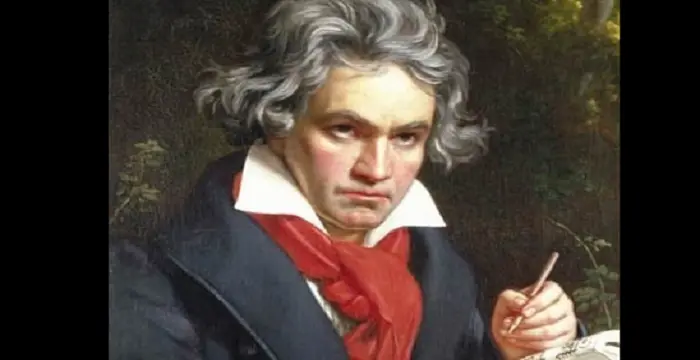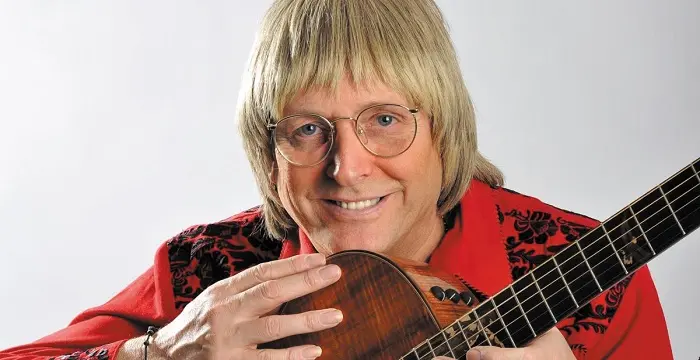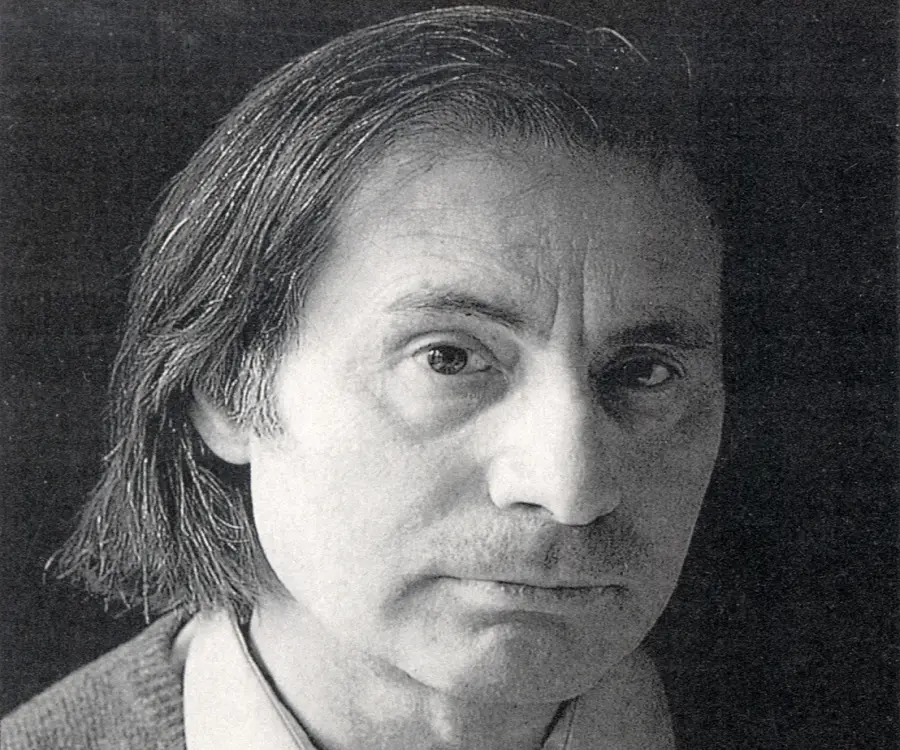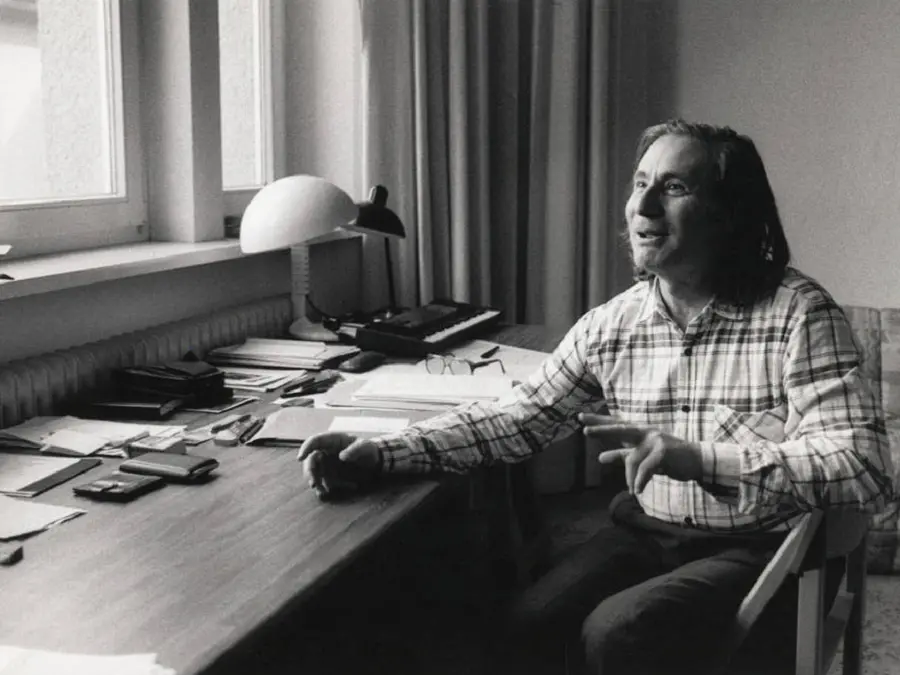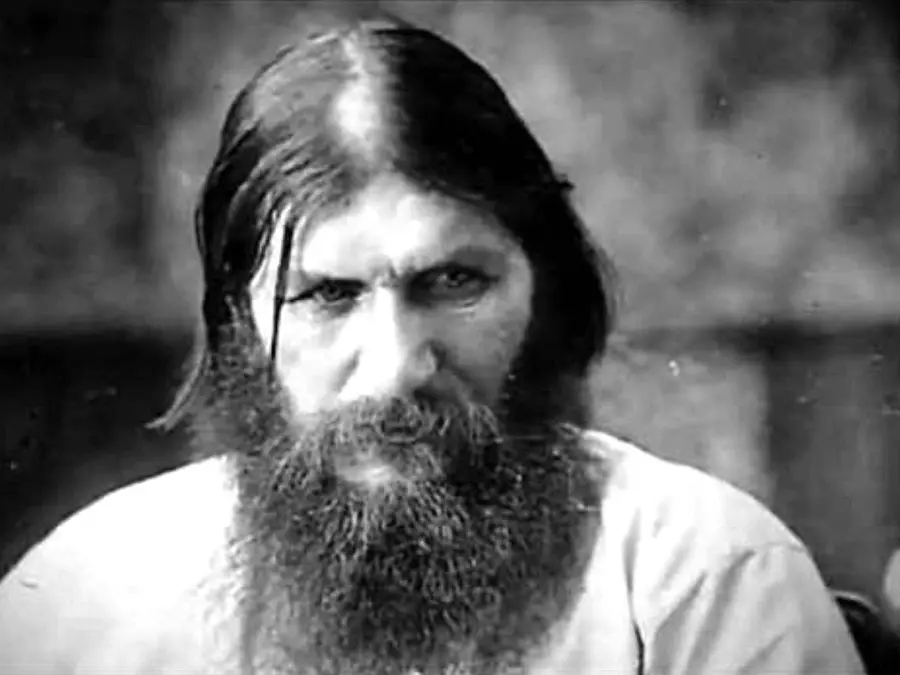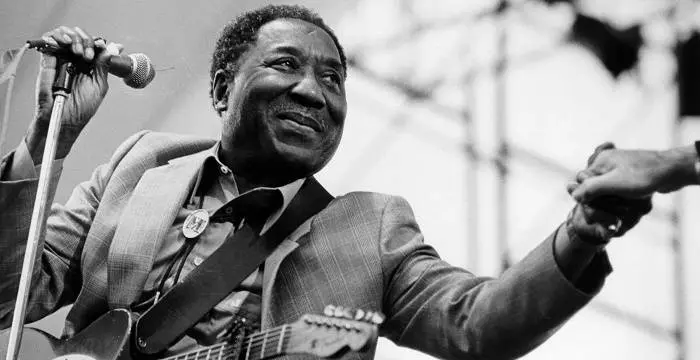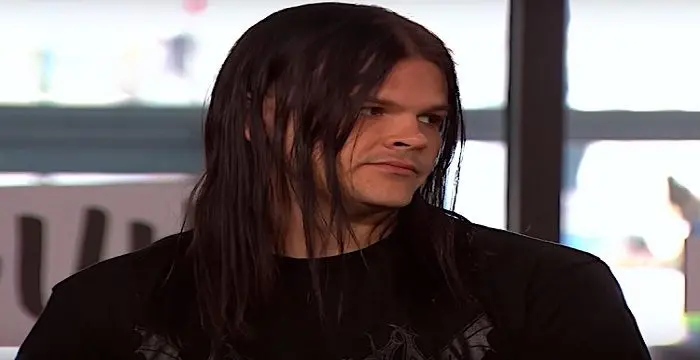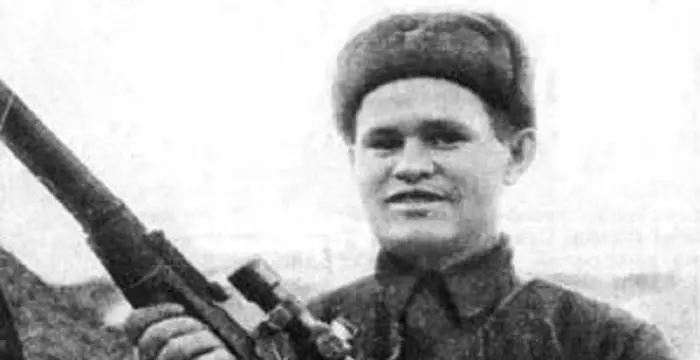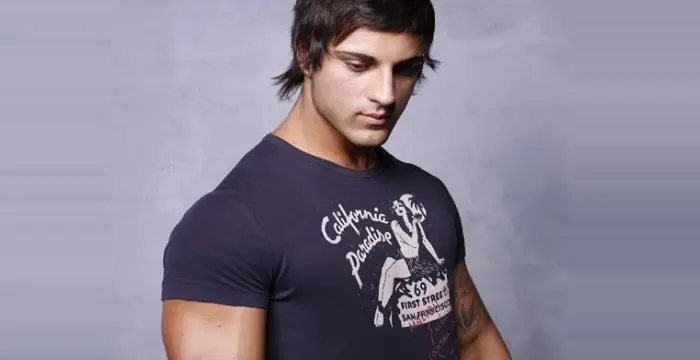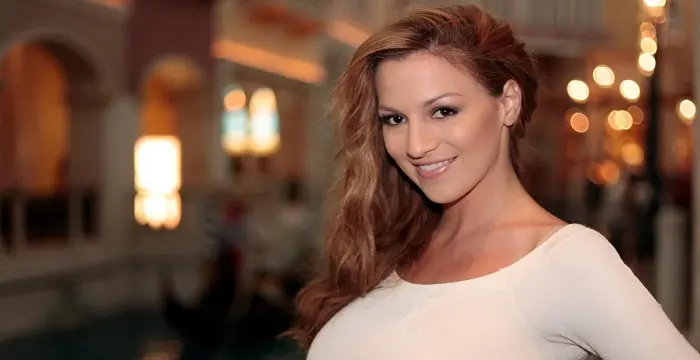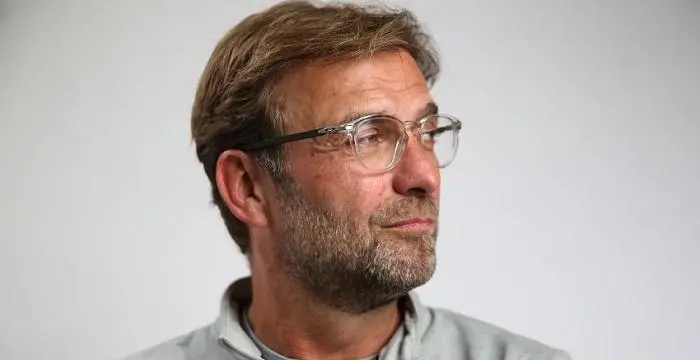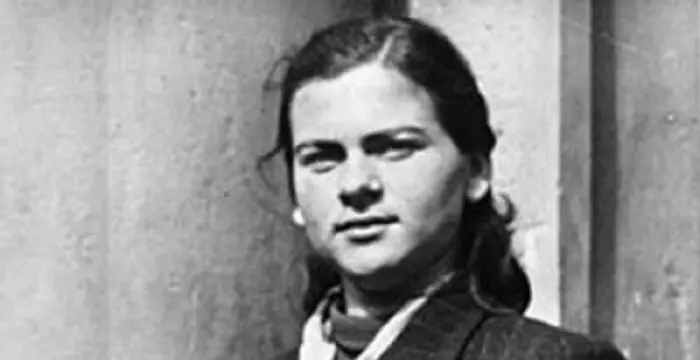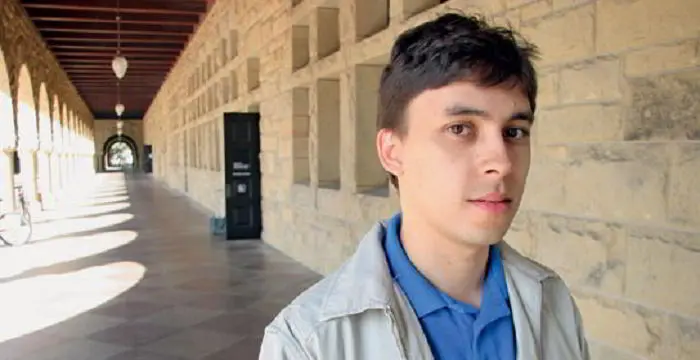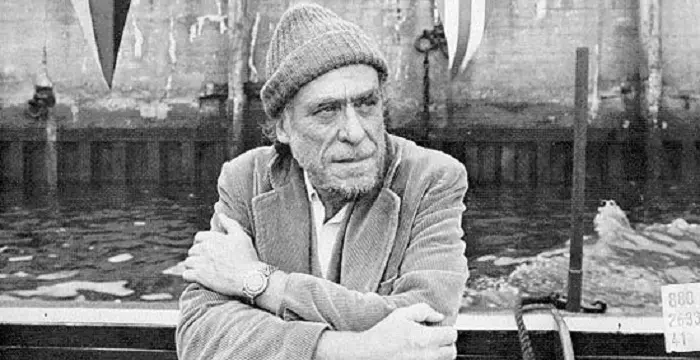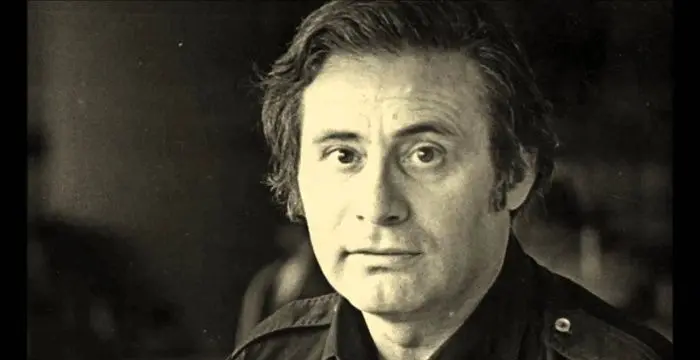
Alfred Schnittke - Musicians, Facts and Childhood
Alfred Schnittke's Personal Details
Alfred Schnittke was a Russian composer famous for his unique approach for composing music known as ‘polystylism’
| Information | Detail |
|---|---|
| Birthday | November 24, 1934 |
| Died on | August 3, 1998 |
| Nationality | German, Russian |
| Famous | Musicians, Composers |
| Spouses | Irina Schnittke |
| Birth Place | Engels, Saratov Oblast |
| Born Country | Russia |
| Gender | Male |
| Father | Harry Viktorovich Schnittke |
| Mother | Maria Iosifovna Schnittke |
| Sun Sign | Sagittarius |
| Born in | Engels, Saratov Oblast |
| Famous as | Composer |
| Died at Age | 63 |
// Famous Composers
Ludwig van Beethoven
Ludwig Van Beethoven was one of the greatest composers the world has ever had. Check out this biography to know about his childhood, family life, and achievements.
Emina Jahović
Emina Jahović Sandal is a Serbian model, actress and singer-songwriter. Know more about her childhood, life, career, achievements and timeline in this biography.
John Denver
John Denver, a famous American singer-songwriter and activist, is remembered for songs like Take Me Home, Country Roads and Annie's Song. To know more about his childhood, career, profile and timeline read on
Alfred Schnittke's photo
Who is Alfred Schnittke?
Alfred Schnittke was a Russian composer famous for his unique approach of composing music known as ‘polystylism’. He was a genius at producing scores using his newly developed polystylistic technique. He fell in love with music during his early years living in Vienna, where music is a part of history and culture. Eventually, he pursued music composition as his profession and produced various symphonies and string quartets along with numerous violin, piano, cello and viola concerts. During his lifetime, he composed nine symphonies, six concerti grossi, four violin concertos, two cello concertos, concertos for piano and a triple concerto for violin, viola and cello, as well as four string quartets and many other chamber music scores, ballet scores, choral and vocal works. He was a creative and confident composer with a keen sense of contemporary music through which he exemplified a unique genre of music in a stylized manner. He was a talented composer who created everlasting tunes. His forte was not just creating the compositions; instead, it was also the way how he incorporated different, often contradictory, music styles to develop dark-toned musical works in accordance with his artistic imagination.
// Famous Musicians
Ted Nugent
Ted Nugent is a hard rock musician known for his hits ‘Stranglehold’ and ‘Cat Scratch Fever’. This biography of Ted Nugent provides detailed information about his childhood, life, achievements, works & timeline.
Muddy Waters
Muddy Waters was a blues musician referred to as the 'father of modern Chicago blues.' Check out this biography to know about his childhood, family life, achievements and fun facts about him.
Travis Bacon
Travis Bacon is an American musician and actor, better known as the son of veteran actors Kevin Bacon and Kyra Sedgwick. Find more about his family, birthday, etc.
Childhood & Early Life
He was born on November 24, 1934 in Engels, in the Volga-German Republic of the Soviet Union, to Harry Viktorovich Schnittke and his wife, Maria Iosifovna Schnittke.
His father, a Jewish man of Latvian descent, worked as a journalist and translator of Russian to German language. His mother was a Volga German who served as a school teacher.
In 1946, his family moved to Vienna where his father was appointed to work for a newspaper. He began his musical education in Vienna where he took piano lessons from Charlotte Ruber and attended opera performances and concerts.
In 1948, his family moved to Valentinowka near Moscow where he attended choral conducting lessons and took classes in music theory from a music school. Thereafter, he attended the Moscow Conservatory where he studied counterpoint and composition with Jewgeni Golube and instrumentation with Nikolai Rakow.
In 1961, he completed his post-graduation and joined the ‘Union of Composers’ the same year.
Career
In 1956, he performed his 1st Violin Concerto while studying at the Moscow Conservatory.
After his post-graduation, he was appointed as the instrumentation instructor in the Conservatory from 1962 to 1972. During his tenure, he wrote many theoretical papers on new music and conducted trips to Poland and German Democratic Republic.
In 1966, he produced his 1st String Quartet while he composed the First Symphony in 1969–1972 which was highly praised by everybody.
Thereafter, he composed music independently, including film scores, and earned his living through it. He composed nearly 70 scores in 30 years of his music career.
From 1975 onwards, his music was played at all the important contemporary music festivals, and in the 1980s it was included in the concert programs of leading orchestras throughout the world including Moscow, Stockholm, London, Vienna, Berlin and many other cities.
He served as a guest professor at the Vienna University of Music and Performing Arts in 1980.
He also gave score for the ballet ‘Peer Gynt’ which premiered in 1989 in Hamburg.
In 1989, he joined as a fellow of the academic staff and composer in residence’ of the Berlin Philharmonic Orchestra and remained there until July 1990.
In 1990, he left Russia and settled in Hamburg. He was appointed as the professor of composition at the Hamburg Musikhochschule, where he worked until 1994.
He also made compositions for three operas; ‘Life with an idiot’ (1992), ‘Gesualdo’ (1993) and ‘Historia von D. Johann Fausten’ (1991-1994).
Major Works
He is best known for his hallmark ‘polystylistic’ technique of composing music over a wide range of genres and styles. His first concert work to use the polystylistic technique was the Second Violin Sonata, Quasi una sonata (1967–1968).
He continued to develop the polystylistic technique in works such as the epic First Symphony (1969–1972) which became a great success.
His best-known works include the Concerto Grosso No. 1 and the Violin Concerto No. 4, for which the violinist was instructed to mime the cadenza rather than actually play it.
Awards & Achievements
He was elected as an honorary fellow of the ‘the ‘Royal Academy of Music’ in London, and a member of Royal Swedish Academy of Music’ in Stockholm, and the ‘Free Academy of Arts’ in Hamburg.
He received the Austrian State Prize in 1991.
In 1992, he was awarded with the prestigious Praemium Imperiale in Tokyo.
In 1993, he was honored with the Russian Culture Prize and the Bach Prize of the City of Hamburg.
In June 1998, he received the distinguished Slava-Gloria Prize.
He was also a member of the ‘Academy of Arts’ in Berlin, the ‘Bavarian Academy of Fine Arts’ in Munich and the ‘American Academy of Arts and Letters’ in New York.
Personal Life & Legacy
In 1985, he suffered a brain stroke and went into a coma. On several occasions, he was declared clinically dead but he recovered from it. His health remained poor, however, for the rest of his life.
He died on August 3, 1998, in Hamburg, at the age of 63, after suffering a series of strokes. He was buried at the Novodevichy Cemetery in Moscow with state honors.
// Famous Russian peoples
Vasily Zaytsev
Vasily Zatysev was a Russian sniper who served during the World War II. Check out this biography to know about his childhood, family life, achievements and fun facts about him.
Zyzz (Aziz Shavershian)
Zyzz (Aziz Shavershian) was a popular Australian Body Builder and internet personality. Check out this biography to know about his childhood, family life, achievements and other facts about his life.
Kristina Pimenova
Read this bio to gather several facts, trivia and many details related to the personal and family life of Kristina Pimenova.
Alfred Schnittke's awards
| Year | Name | Award |
|---|---|---|
Other | ||
| 0 | Austrian State Prize - 1991 | |
| 0 | Praemium Imperiale - 1992 | |
| 0 | Slava-Gloria Prize - 1998 | |
Alfred Schnittke biography timelines
- // 24th Nov 1934He was born on November 24, 1934 in Engels, in the Volga-German Republic of the Soviet Union, to Harry Viktorovich Schnittke and his wife, Maria Iosifovna Schnittke.
- // 1946In 1946, his family moved to Vienna where his father was appointed to work for a newspaper. He began his musical education in Vienna where he took piano lessons from Charlotte Ruber and attended opera performances and concerts.
- // 1948In 1948, his family moved to Valentinowka near Moscow where he attended choral conducting lessons and took classes in music theory from a music school. Thereafter, he attended the Moscow Conservatory where he studied counterpoint and composition with Jewgeni Golube and instrumentation with Nikolai Rakow.
- // 1956In 1956, he performed his 1st Violin Concerto while studying at the Moscow Conservatory.
- // 1961In 1961, he completed his post-graduation and joined the ‘Union of Composers’ the same year.
- // 1962 To 1972After his post-graduation, he was appointed as the instrumentation instructor in the Conservatory from 1962 to 1972. During his tenure, he wrote many theoretical papers on new music and conducted trips to Poland and German Democratic Republic.
- // 1966In 1966, he produced his 1st String Quartet while he composed the First Symphony in 1969–1972 which was highly praised by everybody.
- // 1980He served as a guest professor at the Vienna University of Music and Performing Arts in 1980.
- // 1985In 1985, he suffered a brain stroke and went into a coma. On several occasions, he was declared clinically dead but he recovered from it. His health remained poor, however, for the rest of his life.
- // 1989He also gave score for the ballet ‘Peer Gynt’ which premiered in 1989 in Hamburg.
- // 1989In 1989, he joined as a fellow of the academic staff and composer in residence’ of the Berlin Philharmonic Orchestra and remained there until July 1990.
- // 1990In 1990, he left Russia and settled in Hamburg. He was appointed as the professor of composition at the Hamburg Musikhochschule, where he worked until 1994.
- // 1991He received the Austrian State Prize in 1991.
- // 1992In 1992, he was awarded with the prestigious Praemium Imperiale in Tokyo.
- // 1993In 1993, he was honored with the Russian Culture Prize and the Bach Prize of the City of Hamburg.
- // 1998In June 1998, he received the distinguished Slava-Gloria Prize.
- // 3rd Aug 1998He died on August 3, 1998, in Hamburg, at the age of 63, after suffering a series of strokes. He was buried at the Novodevichy Cemetery in Moscow with state honors.
// Famous German peoples
Jordan Carver
Jordan Carver is a famous German model. Let’s take a close look at her personal life, including her age, career, net worth, achievements and some fun facts.
Jürgen Klopp
Jürgen Klopp is a German football manager, and a former professional football player. Check out this biography to know more about his childhood, family, personal life, etc.
Irma Grese
Irma Grese was a notorious German Nazi concentration camp guard during the Second World War. This biography profiles her childhood, life, horrifying acts, death and other facts.
Juliane Koepcke
Juliane Koepcke is a German-Peruvian biologist, who was the lone survivor among the 92 passengers and crew of the ill-fated LANSA Flight 508 that crashed in the Peruvian rainforest on 24 December 1971. Know more about her life in this biography.
Jawed Karim
Jawed Karim is a German-American internet entrepreneur, technologist and co-founder of the video-sharing website, YouTube. Check out this biography to know about his childhood, family, personal life, achievements, age, etc.
Charles Bukowski
Charles Bukowski was a German-born American novelist, short story writer and poet. With this biography, learn in details about his childhood, life, works, career and timeline
Alfred Schnittke's FAQ
What is Alfred Schnittke birthday?
Alfred Schnittke was born at 1934-11-24
When was Alfred Schnittke died?
Alfred Schnittke was died at 1998-08-03
Where was Alfred Schnittke died?
Alfred Schnittke was died in Hamburg
Which age was Alfred Schnittke died?
Alfred Schnittke was died at age 63
Where is Alfred Schnittke's birth place?
Alfred Schnittke was born in Engels, Saratov Oblast
What is Alfred Schnittke nationalities?
Alfred Schnittke's nationalities is German, Russian
Who is Alfred Schnittke spouses?
Alfred Schnittke's spouses is Irina Schnittke
Who is Alfred Schnittke's father?
Alfred Schnittke's father is Harry Viktorovich Schnittke
Who is Alfred Schnittke's mother?
Alfred Schnittke's mother is Maria Iosifovna Schnittke
What is Alfred Schnittke's sun sign?
Alfred Schnittke is Sagittarius
How famous is Alfred Schnittke?
Alfred Schnittke is famouse as Composer
